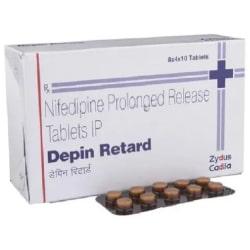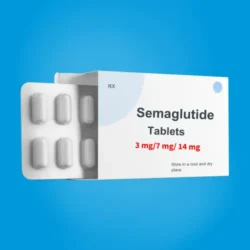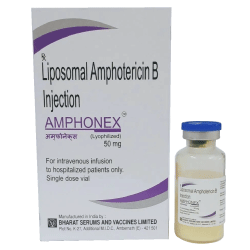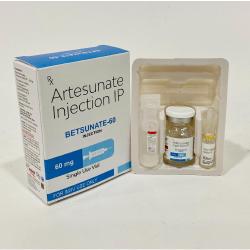Description
Nifedipine Tablet: Procardia XL has three main indications:
-
- Vasospastic Angina Management:
- Used to manage vasospastic angina confirmed by various criteria, including classical angina at rest with specific ST-segment elevation, provoked angina or coronary artery spasm by ergonovine, or angiographically confirmed coronary artery spasm.
- Chronic Stable Angina Management:
- Specifically for chronic stable angina (effort-associated angina) without evidence of vasospasm in patients who remain symptomatic despite adequate doses of beta blockers and organic nitrates or for those unable to tolerate these medications.
- Hypertension Treatment:
-
- Indicated for treating hypertension, either alone or in combination with other antihypertensive drugs.
-
- Vasospastic Angina Management:
Dosage and Side Effects of Nifedipine tablets
The Nifedipine tablet dosage should be modified based on the requirements of each patient. Nifedipine pills should be taken orally once a day on an empty stomach in accordance with the suggested dosage. The extended-release dose type of nifedipine tablets should be consumed whole; they shouldn’t be split or chewed. Titration should generally begin with 30 mg once daily and continue for 7 to 14 days. Based on the safety and effectiveness of the treatment, upward titration should be done. One daily maintenance dose of 30–60 mg is typical. It is not advised to titrate to dosages greater than 90 mg per day. If stopping nifedipine is necessary, good clinical practice advises reducing the dosage gradually under the direct supervision of a doctor.
The side effects of nifedipine that are most frequently mentioned are headache, dizziness, fatigue, coughing, swelling in the legs, and shortness of breath.
Warning and Precautions of Nifedipine tablets
- Some patients may experience severe and poorly tolerated low blood pressure, particularly when starting or adjusting the Nifedipine 30 mg tablet dosage. The risk increases with the concurrent use of beta blockers.
- Rarely, patients with severe obstructive coronary artery disease might experience intensified angina frequency, duration, or severity when starting or increasing Nifedipine dosage. The cause of this effect is not fully understood.
- Patients recently stopped from beta-blockers may experience increased angina, possibly due to heightened sensitivity to certain hormones. Starting Nifedipine won’t prevent this occurrence and may sometimes worsen it.
- Heart failure has been rarely reported in patients, mainly those already on beta blockers, after starting Depin Retard tablet. Patients with tight aortic stenosis might have a higher risk.
- In rare cases, patients with strictures might experience obstructive symptoms after taking Depin Retard tablet, occasionally requiring surgical intervention.
- Close blood pressure monitoring is recommended, especially when starting or adjusting Depin Retard Tablet, especially for patients on other blood pressure-lowering medications.
- Mild to moderate swelling in the legs may occur due to increased blood vessel dilation. This usually isn’t linked to heart dysfunction but should be monitored, especially in patients with heart failure.
- Rarely, liver enzyme increases have been observed; however, they rarely result in symptoms. Some patients might experience transient elevations in certain blood enzymes.
- Nifedipine 60 mg tablet might decrease platelet aggregation, potentially affecting bleeding time. However, no clinical significance has been established.
- In rare cases, reversible increases in certain kidney function tests have been reported, especially in patients with preexisting kidney issues. Regular monitoring is recommended in these cases.






